
Chinese Authorities Suspend Nuclear Power Plant Approvals
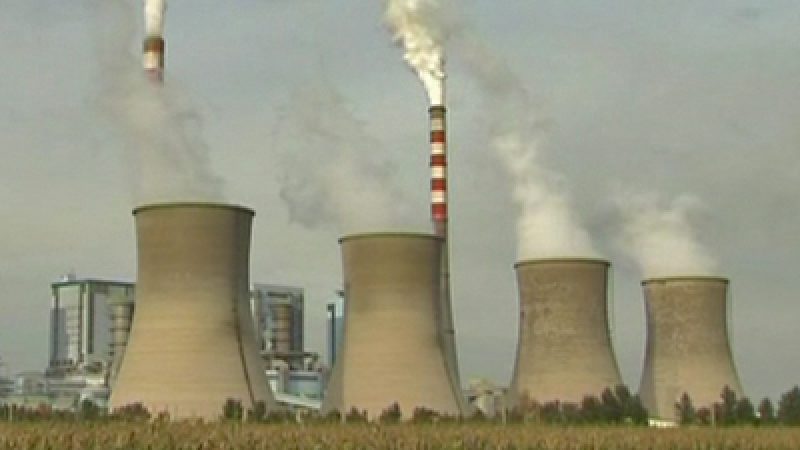
In reaction to the ongoing nuclear crisis at Japan’s Fukushima Daiichi power plant, authorities in China are suspending approvals for planned nuclear power plants.
The Chinese regime is developing nuclear energy at a rapid pace and officially plans to increase capacity to 40 gigawatts by 2020. Yet some officials have said that figure may be raised to 80 gigawatts—that’s eight times the current capacity in one decade.
Experts have warned that China, also susceptible to earthquakes, could experience a similar crisis to the one happening now in Japan, if it does not slow down the pace of its nuclear development.
[Han Xiaoping, Energy Net Consultancy]:
„With such high-speed development, I think it’s difficult for the government to supervise properly. The plants‘ construction and design, as well as their operation, could all have a lot of problems. So perhaps China needs to slow down, bring this speed within a controllable range, and develop it gradually.“
A dozen nuclear plants are currently being built in China, and a dozen more are planned.
Chinese authorities have promised to cut carbon emissions by 40 percent per unit of GDP by the year 2020. Yet the country still relies on coal, the ‘dirtiest’ of the fossil fuels, for 70 percent of its electricity needs. With renewables still not a viable option for large-scale power generation, authorities are looking to nuclear power to lower China’s emissions.
Advocates for nuclear energy argue that China is a late-comer to the nuclear industry, and so the third-generation plants being built there are much safer than those built during Japan’s nuclear expansion. The 30-year old Fukushima plant in Japan uses second-generation reactors, which are harder to cool than the latest technology.
Yet some of the nuclear plants in China remain controversial, such as plans to build nuclear power stations inland, in places prone to large earthquakes like Sichuan province. In 2008, Sichuan was rocked by 7.9-magnitude quake, killing about 80-thousand people, and flattening entire towns.
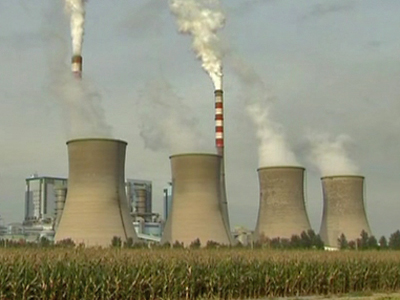 Foto: NTD
Foto: NTD





















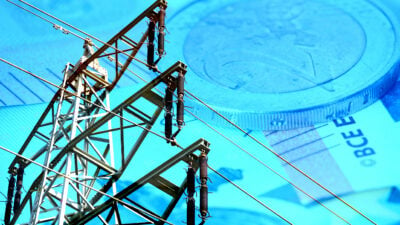


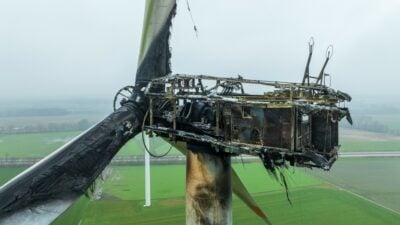
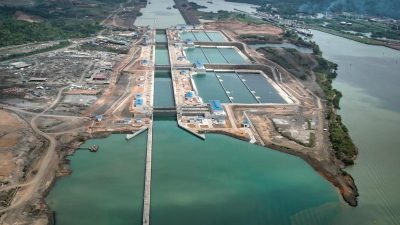

vielen Dank, dass Sie unseren Kommentar-Bereich nutzen.
Bitte verzichten Sie auf Unterstellungen, Schimpfworte, aggressive Formulierungen und Werbe-Links. Solche Kommentare werden wir nicht veröffentlichen. Dies umfasst ebenso abschweifende Kommentare, die keinen konkreten Bezug zum jeweiligen Artikel haben. Viele Kommentare waren bisher schon anregend und auf die Themen bezogen. Wir bitten Sie um eine Qualität, die den Artikeln entspricht, so haben wir alle etwas davon.
Da wir die Verantwortung für jeden veröffentlichten Kommentar tragen, geben wir Kommentare erst nach einer Prüfung frei. Je nach Aufkommen kann es deswegen zu zeitlichen Verzögerungen kommen.
Ihre Epoch Times - Redaktion